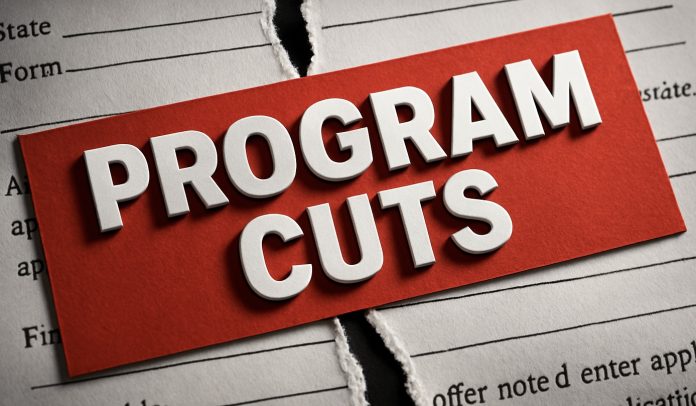Boston, MA – Students pursuing careers in social work may soon face tighter limits on federal financial aid as sweeping changes to student loan programs and institutional accountability rules begin in 2026. Because entry-level social work positions often offer low starting wages relative to educational debt, many programs risk failing upcoming federal earnings tests.
According to federal guidance, social work certificate programs and pre-BSW pathways that are unaccredited, non-credit, or under 150 instructional hours are not eligible for Title IV funding. Programs between 150 and 600 hours must now meet Workforce Pell requirements, including a 70% completion rate, 70% job placement rate, and tuition that does not exceed graduates’ documented value-added earnings from prior years.
More significantly, beginning July 1, 2026, social work programs face the “low earnings outcomes” test. Under this federal rule, a program loses access to Direct Loans if graduates earn the same or less than local workers with only a high school diploma for two out of three measured years. With social work graduates frequently earning modest wages during their first years in the field—especially in community agencies and nonprofit settings—many programs could be at elevated risk.
Advocates warn these shifts could worsen workforce shortages in already understaffed social service sectors.





